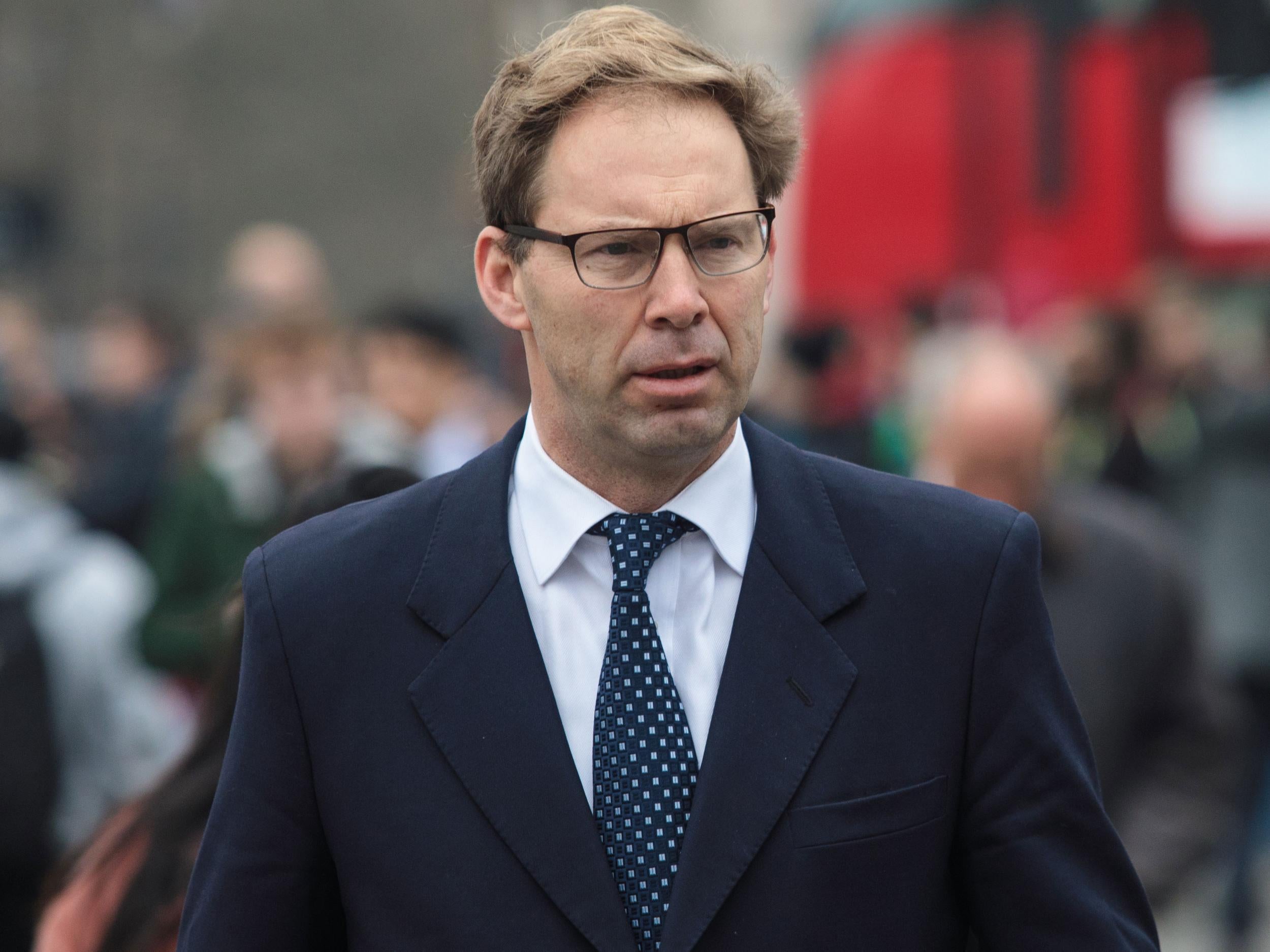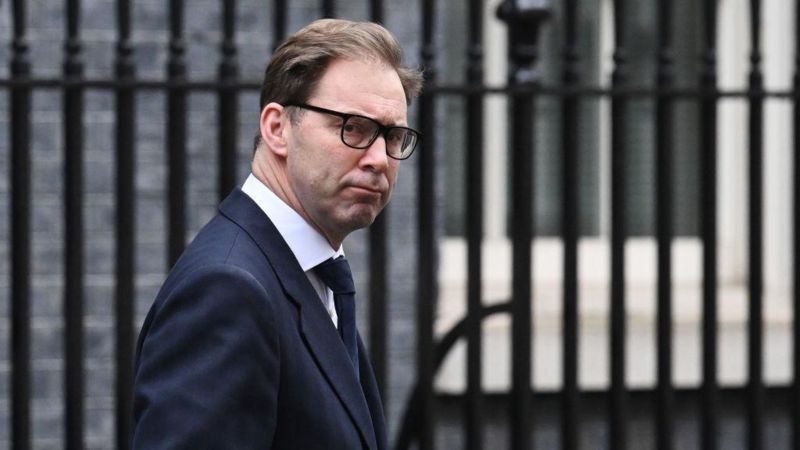Britain should reopen embassy in Kabul – Tobias Ellwood
Britain should reopen its embassy in Kabul and start negotiating with the Islamic Emirate of Afghanistan (IEA), a senior member of the UK’s parliament has said.

Tobias Ellwood, who is the chairman of the defence select committee in the UK parliament, said he is “no Taliban-appeaser” but it is time to start working with the Afghan government in order to prevent the country entering another cycle of “instability, terrorism and mass migration,” Telegraph reported.
The Complex Relationship Between Britain and Afghanistan: A Historical Journey
The relationship between Britain and Afghanistan is a complex tapestry that spans centuries. From the early interactions during the Great Game to the recent military interventions, this alliance has been marked by a mixture of cooperation, conflict, and mutual interest. In this blog, we will delve into the historical journey of Britain and Afghanistan, exploring the dynamics that have shaped their relationship over time.
The Great Game and British Influence:
The 19th century witnessed the rivalry between the British and Russian empires in Central Asia, known as the Great Game. Afghanistan, acting as a buffer state between the two powers, became a crucial piece in this geopolitical chessboard. The British sought to maintain a friendly and pliable government in Kabul to safeguard their interests in the region and protect their crown jewel, India, from potential Russian encroachment.
The 19th-century Anglo-Afghan wars, fought in 1839-1842 and 1878-1880, left a lasting impact on Afghanistan’s relationship with Britain. Although the British experienced military setbacks and eventual withdrawals, they managed to secure a degree of influence over Afghan affairs, including control over foreign policy and trade.
The Quest for Independence:
In the early 20th century, Afghanistan began a quest for independence, challenging British dominance. King Amanullah Khan (1919-1929) initiated a series of reforms, aiming to modernize the country and reduce foreign influence. He successfully negotiated the Treaty of Rawalpindi in 1921, which granted Afghanistan full independence and established diplomatic relations between the two nations.
Despite Afghanistan’s pursuit of sovereignty, British influence persisted, primarily through economic ties and military support. The strategic importance of the region during World War II and the subsequent Cold War era further strengthened ties between the two countries. The British maintained a military presence in Afghanistan and provided assistance for development projects.
Soviet Invasion and British Support:
The 1979 Soviet invasion of Afghanistan marked a turning point in the bilateral relationship. Britain, along with the United States and other Western nations, condemned the invasion and provided covert support to the Afghan resistance, known as the Mujahideen. British intelligence agencies collaborated with the CIA to arm and train the Mujahideen, who ultimately played a significant role in the Soviet Union’s withdrawal.
Post-9/11: The War on Terror and British Military Involvement:
The 9/11 attacks in the United States led to a seismic shift in global politics, and Afghanistan once again became a focal point for Britain’s foreign policy. As a key NATO member, Britain joined the U.S.-led coalition in 2001 to topple the Taliban regime and eliminate Al-Qaeda’s safe haven. British troops played a vital role in the subsequent military campaign and remained deployed in Afghanistan for over a decade.
The military intervention faced numerous challenges, including a resilient insurgency and the complex tribal dynamics of Afghanistan. The loss of British lives and the evolving political landscape contributed to public scrutiny and debates surrounding the UK’s involvement in the conflict. Eventually, Britain withdrew combat troops in 2014, although it maintained a limited presence for training and support purposes.
Current Relations: A Focus on Development and Stability:
In recent years, the focus of the Britain-Afghanistan relationship has shifted towards development, reconstruction, and promoting stability. The UK has continued to provide financial assistance, capacity building programs, and humanitarian aid to support Afghanistan’s progress. Furthermore, efforts have been made to engage in diplomatic dialogues and strengthen ties in areas such as education, trade, and cultural exchange.
However, the situation remains challenging, with ongoing security concerns and political instability. The withdrawal of international forces, including British troops, in 2021 and the subsequent resurgence of the Taliban has raised questions about the sustainability of progress made over the years.
Conclusion:
The relationship between Britain and Afghanistan is a complex and multifaceted one, shaped by historical events, geopolitical considerations, and shared interests. From the Great Game to the present-day challenges, this alliance has seen its fair share of highs and lows. While the two nations have collaborated on multiple fronts, the path towards lasting stability in Afghanistan continues to be an arduous one. The future of their relationship will depend on a delicate balance of diplomacy, support, and a genuine commitment to the welfare of Afghanistan and its people.
Britain Reopen Embassy in Afghanistan?
The head of the defense committee of the British Parliament has said that his country should cooperate with the Taliban and reopen the British embassy in Kabul.

Tobias Ellwood, who recently returned from his trip to Afghanistan, in an article published in the British newspaper Telegraph, said that Afghanistan has made progress recently, implying “people’s satisfaction”.
He added that his point of view may not be pleasant for some, but in his opinion, the time has come to start negotiations with the Taliban.
Mr. Ellwood emphasized that these steps are vital to prevent Afghanistan from going to another stage of instability, terrorism and mass migration.
Mr. Ellwood has said that he is not seeking “whitewashing” and giving concessions to the Taliban, and that his brother was killed by “radical Islamists” in 2002.
He wrote: “I know that their policies will never align with our ideals. “But I have witnessed the unreported compromises that this war-weary nation is now willing to accept.”
In this article, he says that in order to improve the situation in Afghanistan, the West needs a more pragmatic strategy.
The rapid withdrawal of international forces from Afghanistan in the summer of 2021 allowed the Taliban to return to power. The Taliban government has banned girls from continuing their education in high school and university.
Since then, official diplomatic relations with Afghanistan and regular Western aid to the country have been suspended, and billions of dollars of Afghan assets abroad have been blocked.




